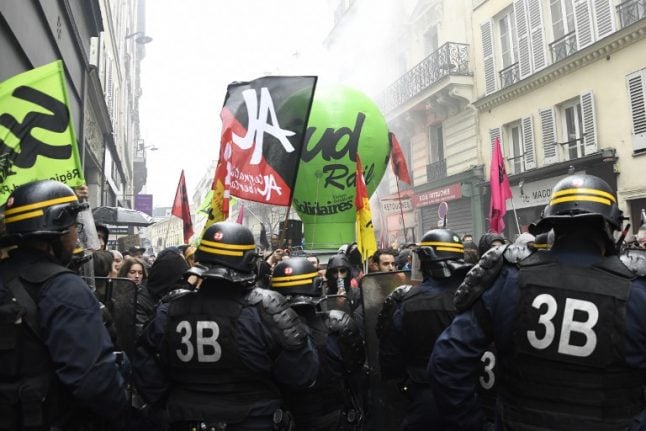
Photo: AFP

French Prime Minister Edouard Philippe has said that the government will not back down on its planned rail reforms after three months of rolling strikes kicked off in France on Tuesday. Major rail disruption is set to continue on Wednesday.


Photo: AFP
